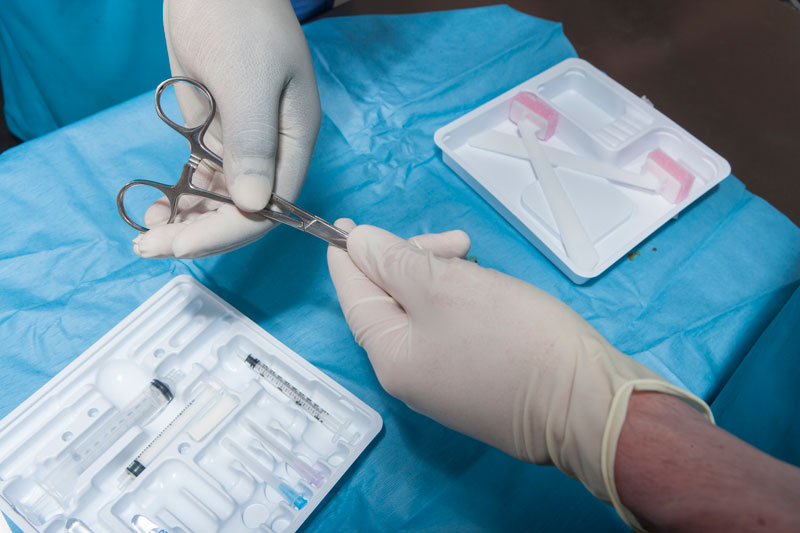How Are Stainless Alloys Used in Medical Applications?
Stainless alloys are popular in medical applications because of their inherent values. For instance, the material is durable and has natural corrosion resistance. However, many stainless alloys will do the job, and some work better than others for specific projects.
When choosing a grade of Stainless alloy, it’s crucial to know who will use it and what the application will be. For example, grades 304 and 316 are very different in extreme heat applications. 316 is more resistant to corrosion, but 304 has a lower cost. It’s essential for using Stainless alloys in medical applications to keep consistent records. That will help the facility maintain high-quality control standards throughout its products.
Understand the Difference in Stainless Alloy Grades
Finally, when considering Stainless alloys in medical applications, it’s essential to know the difference between the grades. For example, almost all grades of stainless steel are suitable for storing water or food, but not every kind will do well in high heat, like in a kitchen. Therefore, knowing your alloy and its properties is crucial to material selection, no matter what application you’re using.
465 stainless alloy is a high chromium stainless steel alloy with good corrosion resistance. In the condition of equilibrium, it has an 18% chromium content. Widely used for surgical implants, it’s referred to as UNS S46000 or ASTM A403 WPW.
Stainless alloys are popular in medical applications because of their resistance to corrosion and staining However, no two grades of stainless steel are the same. Knowing which alloy to use in a specific application is crucial for maintaining high-quality control standards and regulatory compliance.
There Are a Variety of Different Stainless Alloys Available, Each with Unique Properties
One example is that stainless steel grades 304 and 316 are very different in extreme heat applications. Grade 316 has a higher corrosion resistance but costs more than grade 304. Therefore, facilities need to keep records on material selection to maintain high-quality control standards.
Finally, the most crucial thing to do when selecting Stainless alloys for medical applications is to know the fundamental difference between different grades of stainless steel. For example, almost all grades of stainless steel are fine for storing water or food, but not every kind will do well in high heat, like in a kitchen, or handle the intense pressure of medical applications. So, again, it all boils down to application design and its unique requirements.
It’s Vital to Choose the Suitable Alloy for the Job
That will ensure that the product performs as expected and meets all regulatory compliance standards.
To keep up with high-quality control standards and regulatory compliance, facilities need to know the suitable stainless steel alloy for a specific application. For example, grades 304 and 316 have different properties when exposed to extreme heat. Additionally, 304 is less expensive. However, 316 has higher corrosion resistance. Finally, knowing the fundamental differences between grades of stainless steel is key to selecting the suitable alloy for a specific application and industry.
Precision Alloy Services is a specialty metals distributor and processor located in Bowling Green, Ohio. Precision Alloy Services quality management system is certified to ISO 9001:2015 and AS9100 Rev D, and we carry a large inventory of materials including nickel, cobalt, aluminum and titanium alloys, stainless steels and specialty alloy steels in a variety of sizes of sheet, plate, bar, and wire. Processing includes bar sawing, water-jet cutting, chamfering and other services. Contact Us for more information.
Custom 455 Stainless Alloy | Custom 465 Stainless Alloy | Biodur 316LS Stainless, 316LVM, ASTM F138 Stainless | 17-4 alloy stainless steel, ASTM F899

